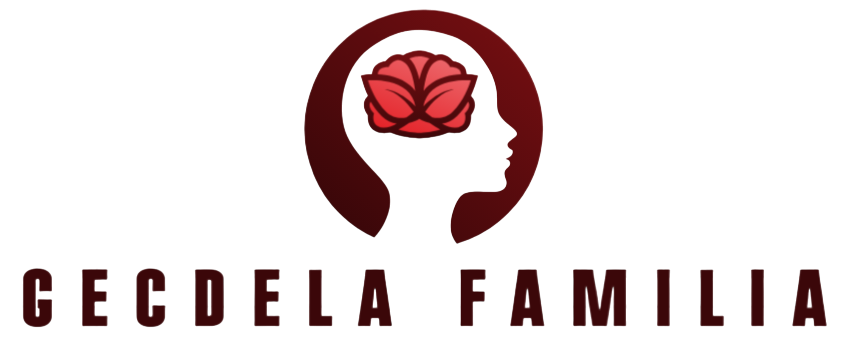Extracorporeal Shockwave Therapy, often known as shockwave therapy, is a non-invasive medical procedure that uses sound waves to treat injured body parts and speed up healing. Shockwave therapy at Your Foot Clinic is no longer just for professional athletes! It is now routinely used in clinical settings to treat persistent soft tissue injuries. Improved range of motion and a decrease in discomfort are indicators of success in the treatment of chronic tendinopathies and chronic muscle injuries.
What is the history of shockwave therapy?
To cut a long story short, kidney stone treatment was the first application for shockwave therapy when it was developed in the 1970s. The same is true for musculoskeletal disorders today; using this strategy meant that an increasing number of people were avoiding the necessity for painful, intrusive surgery.
How do shockwaves work?

High-intensity, audible sound waves are shock waves. Shock waves have been utilized in medicine since 1980, among other things, to dissolve kidney stones. Shockwaves are sent to the area during physical therapy to hasten healing. Short, strong sound waves are sent into the damaged tissues during shockwave therapy, increasing blood flow, reducing pain, and promoting tissue repair and regeneration. By putting the cells into repair mode, the treatment enables your body to resume its own fast healing process.
Is shockwave therapy safe?
Yes. It has FDA approval and NICE recommendations for a wide range of applications. Shockwave Therapy is a largely risk-free and side-effect-free approach to treating musculoskeletal problems and chronic pain when administered by trained therapists.
How long does shockwave therapy take, and how many sessions are required?
Depending on the issue, the therapy lasts between 10 and 15 minutes. Three to six sessions are usually necessary. A thorough evaluation is required to decide how many treatments you’ll need. The overall success rates for all indications vary from 60% to 80% depending on the problems they are used to treat.
Are there any conditions that Shockwave Therapy cannot address, such as chronic or old injuries?
There is a ton of evidence to support the use of shockwave therapy for the treatment of both long-term chronic diseases and more recent acute traumas. The price varies from clinic to clinic and is based on the type of treatment provided. It is advised to get a thorough consultation with an expert.
Does Shockwave Therapy hurt?
Shockwave may seem frightening, but it’s not at all. Will it hurt me? It varies. When receiving radial shockwave (RSW) treatment, you may first experience some discomfort. However, as your body adjusts, the treatment’s energy level increases. Throughout your therapy, your doctor should solicit regular feedback and make adjustments as necessary. Many patients experience instant pain relief from their chronic diseases after receiving shockwave therapy because it has an analgesic impact.

